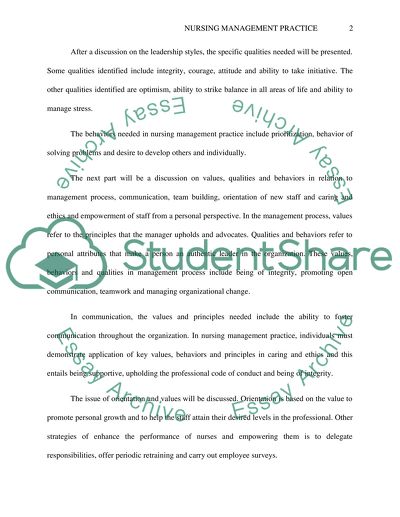Cite this document
(“Ethical Principles and Knowledge of Self Term Paper”, n.d.)
Retrieved from https://studentshare.org/nursing/1457685-conceptual-framework-for-nursing-management
Retrieved from https://studentshare.org/nursing/1457685-conceptual-framework-for-nursing-management
(Ethical Principles and Knowledge of Self Term Paper)
https://studentshare.org/nursing/1457685-conceptual-framework-for-nursing-management.
https://studentshare.org/nursing/1457685-conceptual-framework-for-nursing-management.
“Ethical Principles and Knowledge of Self Term Paper”, n.d. https://studentshare.org/nursing/1457685-conceptual-framework-for-nursing-management.


